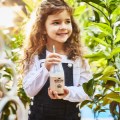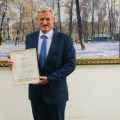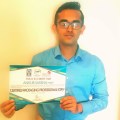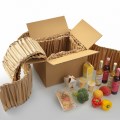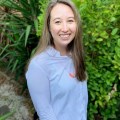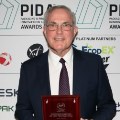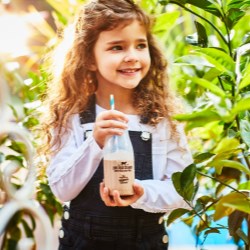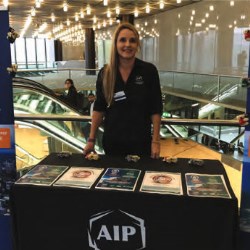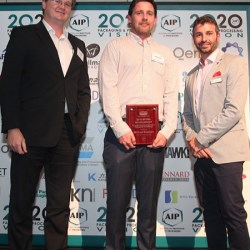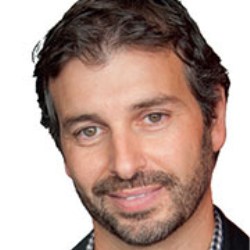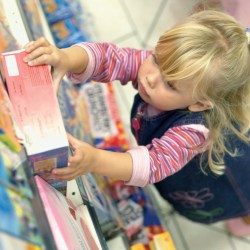If this is your company, CONTACT US to activate Packbase™ software to build your portal.

Banyule City Council is 63 square kilometres in size and is located between 7 and 21 kilometres north-east of central Melbourne. The Yarra River runs along the City’s south border while the west is defined by Darebin Creek. Each week Council’s in-house waste collection team services over fifty thousand dwellings and one hundred and thirty thousand people. The Council provides each household with a 240 litre bin containing recyclables which is collected each fortnight. Collected recyclables are taken to a Materials Recovery Facility (MRF) operated under contract by a third party.
In addition to providing a kerbside collection service for households Banyule City Council also provide an at-call household bulky goods collection service and operates the Banyule Waste Recovery Centre which is the largest waste transfer station in the north-east of Melbourne. The Waste Recovery Centre accepts and then transports garden organics to composting facilities, and provides free drop off point for a range of products including paint, cardboard, gas bottles, and many types of electronic waste.
To increase the communities awareness of recycling and environmental sustainability Banyule Council established The Rethink Centre. Rethink offers a host of educative and entertaining waste minimisation programs for all age groups which includes providing an opportunity to view inside a MRF whilst operating. This provides visitors with firsthand experience on how comingled used packaging is sorted into material types ready for reprocessing.
Two score and ten packaging professionals both Australian Institute Members and associate companies representatives visited the Rethink Centre and MRF on 15 August 2018. Maree Pollard the Rethink Centre Coordinator hosted the meeting, supported by presenter Douglas Bair. Douglas kept the audience spell bound as he explained the operation of the MRF and fielded questions about various aspects of packaging materials and recycling.
The used packaging is sorted into glass, plastics, steel, aluminium and paper. The generic term for the materials are more closely defined into actual packaging items and clearly advised to ratepayers. For instance window glass is not acceptable only jars and bottles. The same initial sorting applies to the other materials. Plastics of all descriptions from 1 to 7 are acceptable but expanded polystyrene trays etc are not recoverable.
Sixty conveyor belts and five trommel screens operate at breakneck speed to process the waste that passes the first of the manual sorters. Here, non -compliant materials are removed and sent to landfill. The uneducated householder that diligently sorts their waste and places it in a plastic bag has wasted the effort. A plastic bag could contain anything and as such the risk is eliminated by sending it straight to the landfill bin.
A trommel screen, also known as a rotary screen, is a mechanical screening machine used to separate materials, mainly in the mineral and solid-waste processing industries. It consists of a perforated cylindrical drum that is normally elevated at an angle at the feed end. Physical size separation is achieved as the feed material spirals down the rotating drum, where the undersized material smaller than the screen apertures passes through the screen, while the oversized material exits at the other end of the drum.
‘Yet another conveyor’ was the catch cry of the day. As Douglas explained the next sorting process he quizzically asked the question to which the audience replied 'another conveyor'. After the whole process the recovered materiel is baled and sent off to a processor to close the loop and reprocess the material. Over ninety percent of material recovered is used in Australia.
To obtain the required volumes to keep the MRF viable five other councils deliver their kerbside recyclables to the facility. This comes through the gate at the rate of around 380 tonne a day and is treated as one source. The trucks collecting the bins are specialised and costly, both to purchase and operate. A typical truck will do over two hundred thousand bin lifts a year, but due to the continuous stop start needed will use a litre of diesel for each kilometre travelled. Once the collection vehicle dumps its load ownership passes to the MRF operator.
The general question and answer session brought forward not only technical but some personal thoughts from both questioners and the council representatives. Maree Pollard gave an insight into some of the difficulties that local councils face as populations expand and the culture changes. Hence the title of this paper. Stop blaming and start changing is a message that can flow through our whole society.


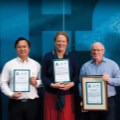
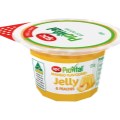
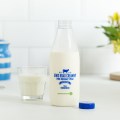
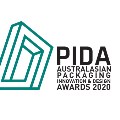
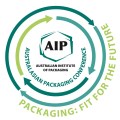
.jpg)

